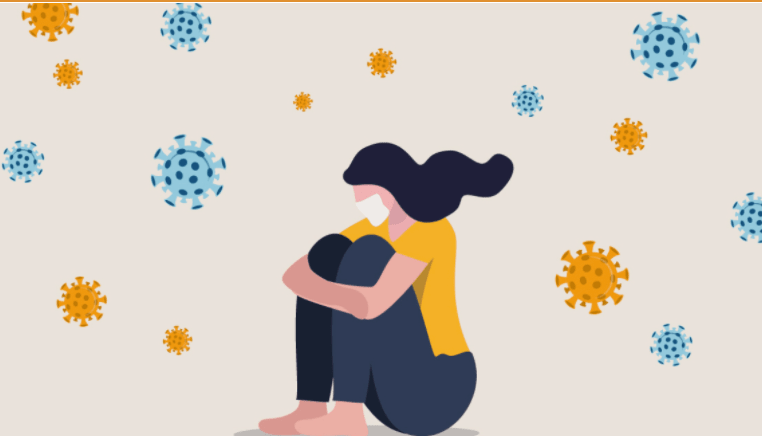Written by: Adam Abdelkhalek
“As much as we complain about other people, there is nothing worse for mental health than a social desert” -Charles Montgomery. For most of us, that statement has never rang truer in our lives. Most of us feel the pain of social loss, the depression of isolation, and the sting of loneliness through our own mental health status. So, what is the solution to it all? Well, one can be seen as after school activities or clubs. ‘But how would a club feasibly exist in the current landscape?’, one is to wonder. And the answer to that thought is to make these clubs virtual.
I’ve already spoken with other club members to further facilitate dialogue on this virtual club situation. When presented with the question of ‘What does your club do as of now?’ Co-President of the Tea Advocacy Club, Adena Roth, had this to say “As of now, our club is currently going through renovations to create fundraising and a more polished social media to spread awareness and also creating events for future lgbt awareness dates”. The Tea Club is an official club at tech that’s seeking to expand its reach within the upcoming months to sway a larger community of LGBTQ+ personnel. As even Adena puts it, when asked, ‘what do you believe to be the respective future of your club’, they say “let’s hope this club has helped introduce me to the larger LGBT community for our school, and helps me give the opportunity to spread more of that information towards others...”. The Tea Club as of now meets once a week to discuss issues and provide a safe space for others to be comfortable with their sexuality. As Adena puts it, “the initial meeting is short, and many enjoy the games and movies we show after the initial meeting”. The Tea Club can be seen as both a space of comfort, and yet, one of change. The adjustments for a virtual setting do not deter these people whatsoever from meeting. And that, in of itself, is a testament to the human will to socialize and create spaces where people can be comfortable, regardless of any underlying characteristics.
Another Club member that I had the joy of conversing with was Cailyn Kitchens, the Head Secretary of the Unofficial Meditation Club. Now, this club is (obviously) an unofficial one. Unofficial clubs have been popping up since the pandemic struck, and this one is just an example of that. Moreover, like other unofficial clubs, this club will be seeking authorized status, come the start of the 2021-22 academic year. But to be specific on what they do, the Meditation club hosts 10-15 minute meditations, Sundays through Thursdays, and after the meditation, they speak about their individual experiences. Like the tea club, the Meditation club is also looking to create a safe space of sorts as a goal. As said by Cailyn, “our goals are to just be more aware of ourselves and the world around us, and make things a little more peaceful in a very different world. We’re living with a pandemic right now, and creating a welcoming space where people can share their feelings is what we want”. And when asked about her own experience, she says “the club has definitely helped me de-stress. It’s nice at the end of a long day to take some time to simply just breathe and relax. Also, it’s helped me open up about issues I’m having. I feel very comfortable talking to everyone in the club and asking for advice…”. So this club most definitely delivers in helping students through their own problems via meditation. And considering how this club was created by the circumstances of quarantine, it is exemplary of how social connection through any means can exponentially aid a group of people.
All in all, these remote clubs have found their own various means to communicate and aid their respective members through a “social” space. Social spaces (albeit ones with no physical interaction) have prevailed in the loss of social life, in the form of remote clubs. And these communal settings, formed through clubs, only seek the betterment of individual mental health. And if not for the club, what social interaction would be left for the individual? Like quoted earlier, “there is nothing worse for mental health than a social desert”. But thankfully, remote clubs have offered a countering effect to our newly found “social desert” by offering what I like to call, a virtual oasis.
Picture Credits to Kimberly Sharp, published on Apr 23, 2020.


